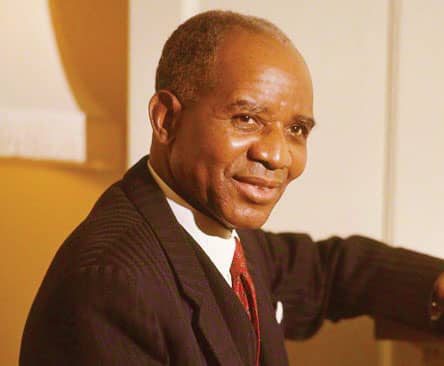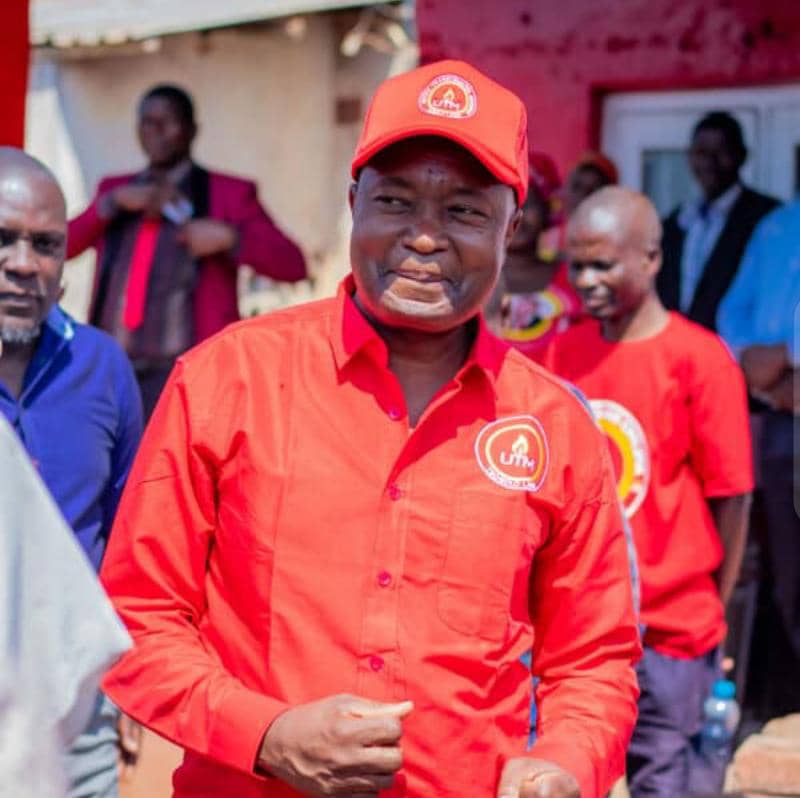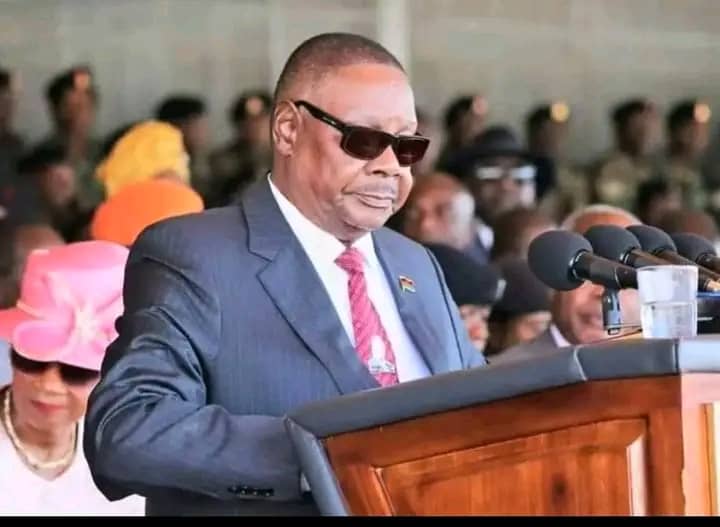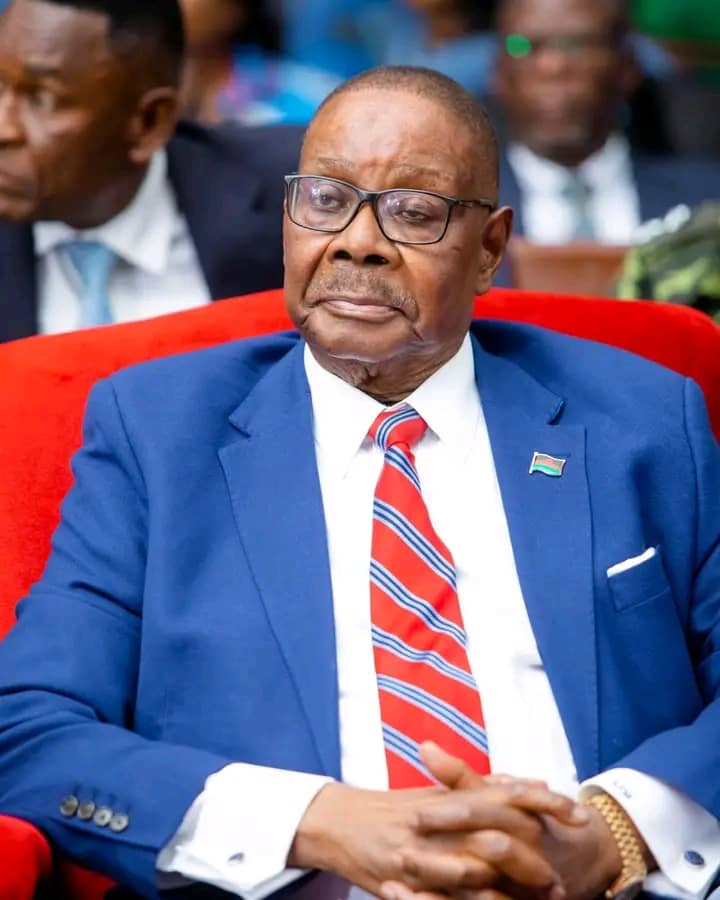By Burnett Munthali
The year 1992 marked a turning point in Malawi’s political history, as the Catholic Bishops fearlessly stood up against the autocratic rule of the Malawi Congress Party (MCP) under late President Dr. Hastings Kamuzu Banda. However, this bold act came at a heavy price, as it nearly cost the bishops their lives.
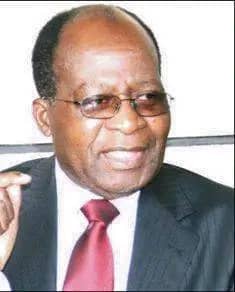
The controversy erupted when the Catholic Bishops, led by Archbishop James Chiona and others, issued a pastoral letter titled “Living Our Faith.” The letter, distributed in churches across the country, highlighted human rights abuses, economic mismanagement, and the lack of political freedoms under the MCP regime. This unprecedented move challenged the one-party dictatorship and gave voice to the suppressed frustrations of Malawians.
The MCP government, infamous for its intolerance of dissent, was enraged by the pastoral letter. A meeting was convened at the MCP headquarters to discuss the matter, and what transpired was chilling.
According to an audio recording from that time, key party leaders, including senior ministers, openly plotted to eliminate the bishops. The meeting was chaired by then-Minister of State and MCP strongman, John Tembo, who delivered a fiery opening speech. Tembo condemned the bishops for their “betrayal” of the government and accused them of inciting rebellion.
Other leaders followed with inflammatory rhetoric, openly discussing ways to silence the bishops permanently. The audio revealed a callous disregard for human life, with party leaders leaving no room for dialogue or reconciliation.
The revelations from the MCP meeting created an atmosphere of fear and uncertainty. The bishops went into hiding, fearing for their lives. Churches became targets of surveillance, and priests faced harassment and intimidation. Malawians who sympathized with the bishops’ message were also at risk of being labeled enemies of the state.
The plot to kill the bishops was ultimately thwarted due to mounting international pressure and internal resistance from within the party. However, the MCP’s reaction to the letter exposed the brutal lengths to which the regime was willing to go to maintain its grip on power.
Despite the threats, the pastoral letter had a profound impact. It emboldened Malawians to demand change, setting the stage for the pro-democracy movement that culminated in the 1993 referendum, which ended the MCP’s monopoly on power.
The bishops’ bravery remains a cornerstone of Malawi’s struggle for democracy. Their actions demonstrated the power of the Church as a moral compass and a voice for the voiceless in times of oppression.
The 1992 showdown between the MCP and the Catholic Bishops serves as a stark reminder of the dangers of unchecked power and the importance of standing up for truth and justice. It also underscores the role of faith leaders in holding governments accountable and championing human rights.
As Malawians reflect on this dark chapter in their history, the courage of the bishops stands as a testament to the resilience of the human spirit and the enduring fight for freedom and dignity.

